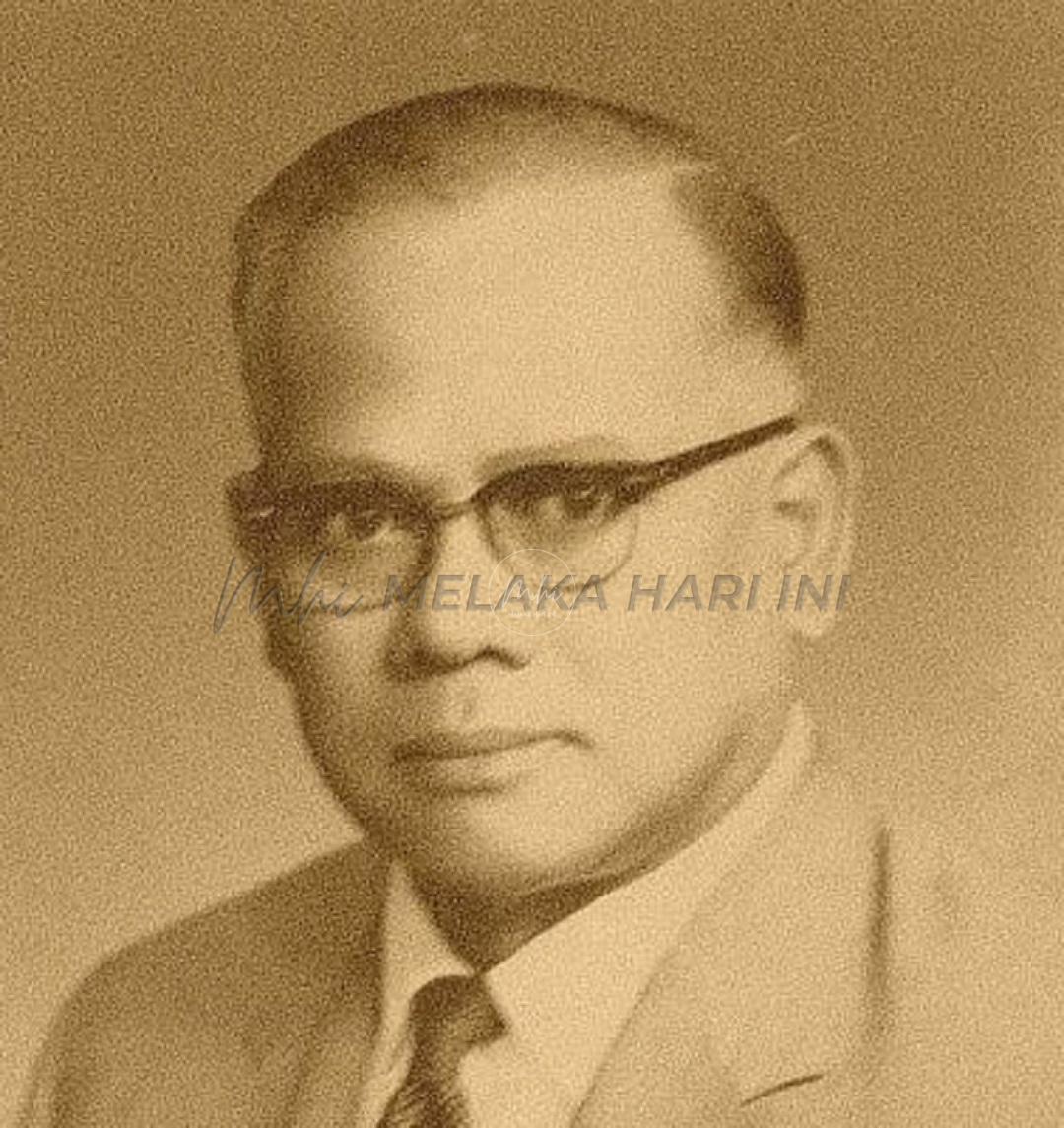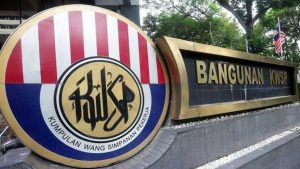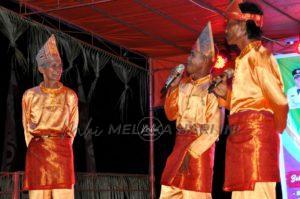
Dr Mohd. Said: Public Servant, Scientist and Intellectual
Former Chief Secretary to the Government, the late Tun Ahmad Sarji Abdul Hamid wrote in his forward of an honest, strict and learned man. That man is Tan Sri Dato’ Dr Mohd Said bin Mohamed, the Menteri Besar of Negeri Sembilan. This was what Ahmad Sarji learnt while serving as the Assistant District Officer, Seremban and Mantin in 1961, and as Assistant State Secretary of the state.
Ahmad Sarji was recollecting his experiences in the Foreword of Reflections: Dr Mohd. Said (2021) by the former’s daughter, a scholar and accomplished writer herself, Dato’ Halimah. Ahmad Sarji’s close relations with Dr Mohd. Said “gave me valuable experience of what was meant by the phrase ‘good governance’.” The book is jointly is jointly published by Penerbit Universiti Pendidikan Sultan Idris and Universiti Malaysia Sabah.
Dr Mohd. Said served as Negeri Sembilan Menteri Besar for two terms, 1959-64 and 1964-69. He was born in Linggi, Negeri Sembilan, where his family observed the Adat Temenggung. They were of Bugis ancestry. Reflections is a compendium on the man, and his milieu. It comprises writings from colleagues and those who know him, members of his family; and earlier renditions by Halimah, and Dr Mohd. Said’s own letters and notes.
Dr Mohd Said’s interest in writing was inspired by the world of literature, narratives and books exposed to as a young boy in Linggi and later at the Malay College Kuala Kangsar (MCKK). He was introduced by his mother to Islamic religious texts, the Malay hikayat, shair and pantun. And later to history books, and the works of English writers and poets.
As a medical student at the King Edward VII College in Singapura (1925-1932) he was involved in writing and literary activities. Dr Mohd Said’s interest in history and the humanities must have inspired his life and vocation. This led him to translate Wilkinson’s work titled “Sungai Ujong.” There was also a partial translation of Parr and Mcray’s “Rembau” in Majallah Guru, a significant Malay periodical of opinion and commentary in the 1930s.
According to Halimah, her father also translated Shakespeare’s The Merchant of Venice into Bahasa Melayu. However, this was not published. Reviews on men who hold public office would generally describe them in ways that are obvious. Dr Mohd Said, however, manifested other avatars.
On the writing of Memoirs of a Menteri Besar: Early Days (1982), on his 71st birthday on 31 October 1978, Halimah recalls that her father made a conscious effort to sift through his memory and the many volumes of his diaries. This were to select the most significant events and the “most outstanding people that impacted his life, and to write them as realistically as he could.”
Dr Mohd Said chose to convey the reflections in his “extremely censorious attitude of mind,” as subtle a style as possible. His memoir reveals life in Kampung Linggi at the turn of the 20th century, in its demography of a rural enclave in the Malayan hinterland. He stressed the importance of the environment in shaping the development of a person, a people and a nation.
Dr. Mohd. Said wrote that “the vitality and intelligence of a particular person, community, race or nation” were determined by environmental factors. Where the Malays are concerned, he argued, “adverse environmental factors have been and are some of the most important factors in the apparent backwardness when compared with the other races in this multiracial country.”
He referred to negative hereditary traits of inbreeding and first cousin marriages which happens in traditional, rural societies. He however argued that inbreeding among people of “good stock can produce superior IQs, augmented by the environment with the right educational and socio-cultural exposure. In Kampung Linggi that positive environment has produced some of the early Malay scholars and doctors.
His training as a doctor, “interested in the science of genetics as applied to man, has led me…to put the word Heredity and in addition stressed the importance of the Environment as an additional factor in shaping our ends.”
He is conscious of his grounding in language, literature, history, science and arithmetic. And was diligent at that. Mr. Bazell, who taught history and English Literature at MCKK. and was headmaster from 1923 to 1938 must have had a profound influence on Dr Mohd. Said, especially as he admitted, on the development of his own personality, character and attitudes towards things that matter in life.
Dr Mohd. Said was also aware of the workings of colonialism. In his memoir, he recalled that it was politically expedient to build a positive and mutually beneficial relationship between the colonial government, the Malay rulers and their subjects. In 1922, Cikgu Zainal Abidin breached that understanding. Za’ba published two articles in the Malay Mail, one titled “The Poverty of the Malays,” and the other “The Salvation of the Malays.” He was then finally transferred to serve in the less visible role of translator at the Sultan Idris Training College in Tanjung Malim.
Halimah cites Dr Mohd. Said’s comment: “…the powers-that-be apparently came to the conclusion that Za’ba was too dangerous a man to continue to be a member of the teaching staff of the Malay College, as he was considered likely to poison the minds of the pupils.”
Among the contributors to Reflections are Faridah Abdul Rashid, Tunku Zain Al-‘Abidin, Salleh Mohd. Nor, Ismail Noor and Zawiyah Baba. Another is Ahmad Husni Ahmad Zainal Abidin. He is Halimah’s nephew and also the grandnephew of Za’ba. Husni provides a small window on his grandfather, Dato’ Muhammad Yusof bin Ahmad (Muhammad Yusof) whom Dr Mohd. Said regarded as his Linggi sepupu (cousin) and as “the brilliant younger brother of Za’ba.”
Dr Mohd. Said passed away on 22 July 1996, just over a year short of his 90th birthday. Zawiyah Baba affirms that he was “probably the last of that rare breed of well-read distinguished Malay scientists who was equally well versed in philosophy and literature…” Halimah Mohd Said’s Reflections is not only about the Menteri Besar, but about the history, and the sons and daughters that Linggi has nurtured.
Langgani saluran Telegram kami untuk dapatkan berita-berita yang terkini.


